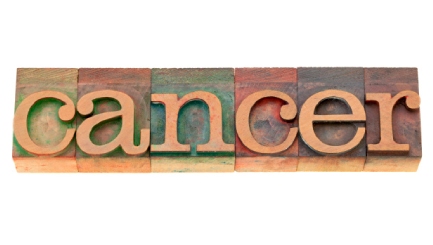Could Nanoshells Enhance The Precision Of Cancer Treatment?
 With cancer, there is a wellness concern that the treatment used to fight tumour growth could damage health cells in the process. However, researchers have potentially improved the wellbeing of cancer patients, as they have developed a degradable nanoscale shell which will be able to carry proteins to cancer cells and inhibit the growth of tumours without damaging healthy cells.
With cancer, there is a wellness concern that the treatment used to fight tumour growth could damage health cells in the process. However, researchers have potentially improved the wellbeing of cancer patients, as they have developed a degradable nanoscale shell which will be able to carry proteins to cancer cells and inhibit the growth of tumours without damaging healthy cells.
The new nanoshells were developed at the UCLA Henry Samueli School of Engineering and Applied Science, and are expected to deliver a more precise and less invasive treatment of cancer tumours. The study was led by Yi Tang, a professor of chemical and biomolecular engineering and a member of the California NanoSystems Institute at UCLA, and published in Nano Today. The group of researchers reported that the tiny shells they developed are composed of a water-soluble polymer that delivers a protein complex to the nucleus of cancer cells. Then, the remaining shells degrade harmlessly in non-cancerous cells.
In a statement, Tang said that the process does not pose, as gene therapies for cancer do, a risk of genetic mutation, nor does it present the risk to healthy cells that chemotherapy does. Chemotherapy is unable to effectively discriminate between healthy and cancerous cells. ‘This approach is potentially a new way to treat cancer,’ said Tang. ‘It is a difficult problem to deliver the protein if we don’t use this vehicle. This is a unique way to treat cancer cells and leave healthy cells untouched.’
Apoptin, a protein complex derived from an anaemia virus in birds, is the material used to destroy cells. This cargo of protein accumulates in the nucleus of cancer cells and signals to the cell to undergo programmed self-destruction. When the polymer nanoshells used for delivering apoptin are developed, it is done so under mild physiological conditions so that the chemical structure of the proteins won’t be altered or clump together. This preserves their effectiveness on the cancer cells.
According to Muxun Zhao, lead author of the research and a graduate student in chemical and biomolecular engineering at UCLA, tests have been done on human breast cancer cell lines in laboratory mice, and showed significant reduction in tumour growth. ‘Delivering a large protein complex such as apoptin to the innermost compartment of tumour cells was a challenge, but the reversible polymer encapsulation strategy was very effective in protecting and escorting the cargo in its functional form,’ he said.


Comments are closed.